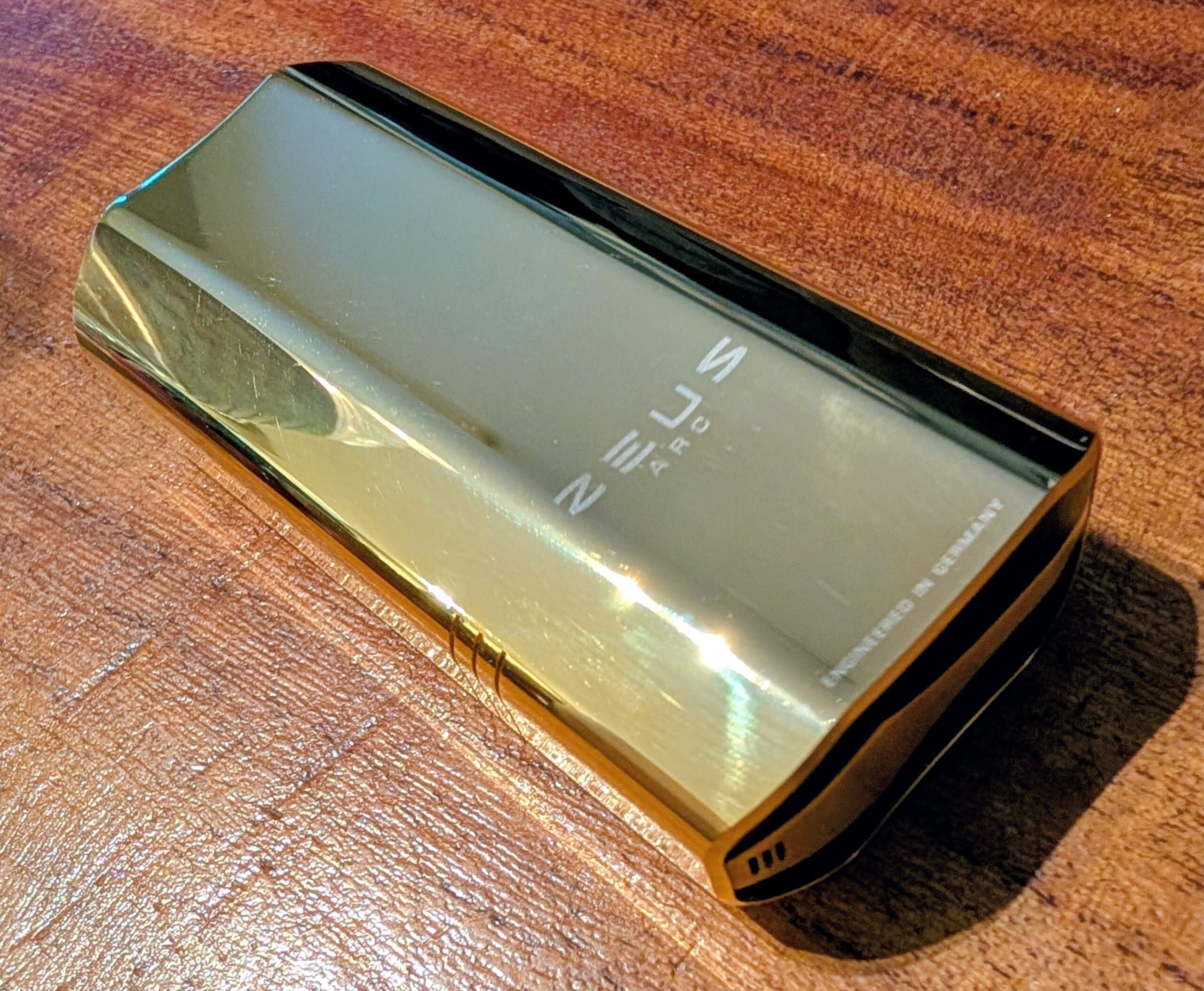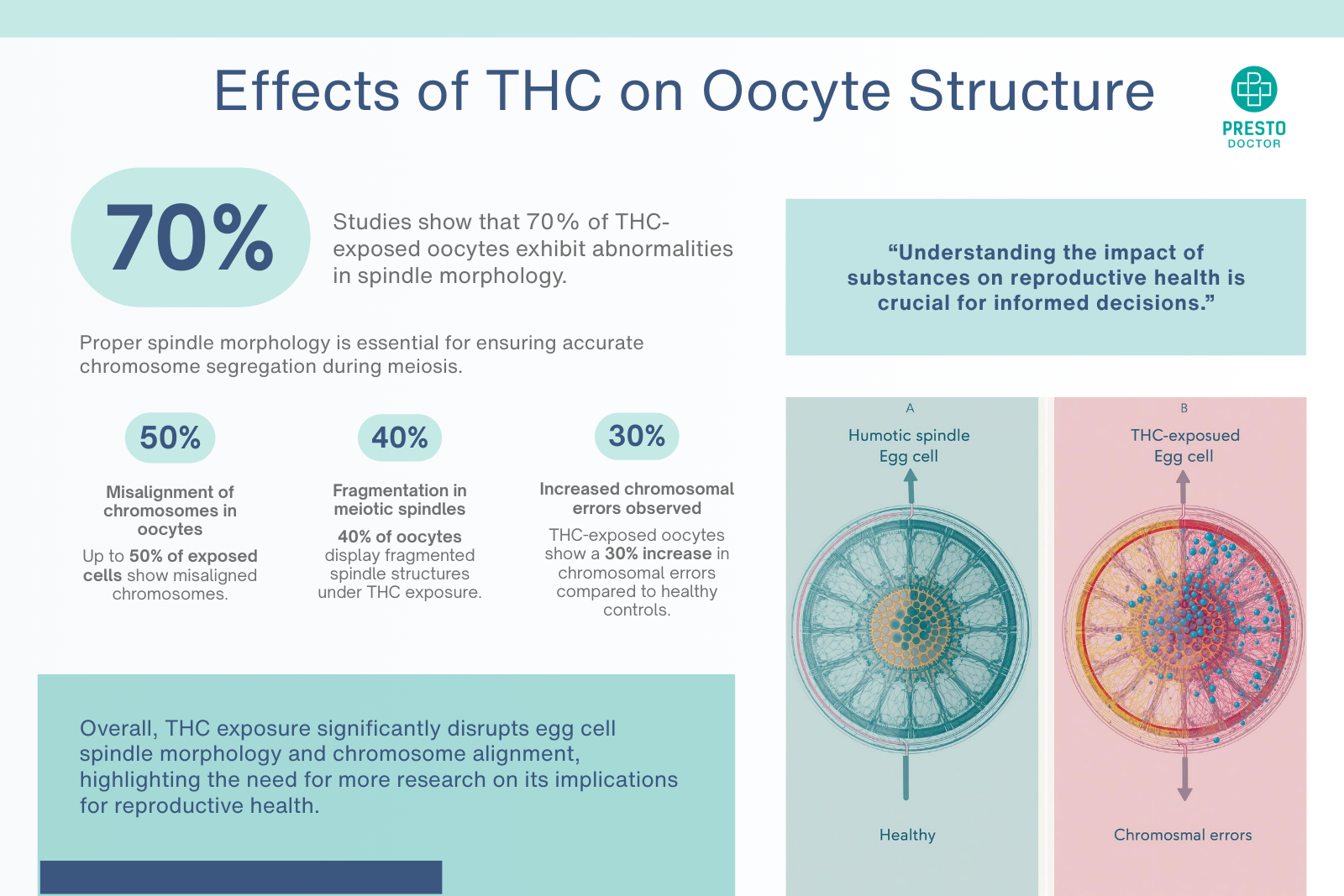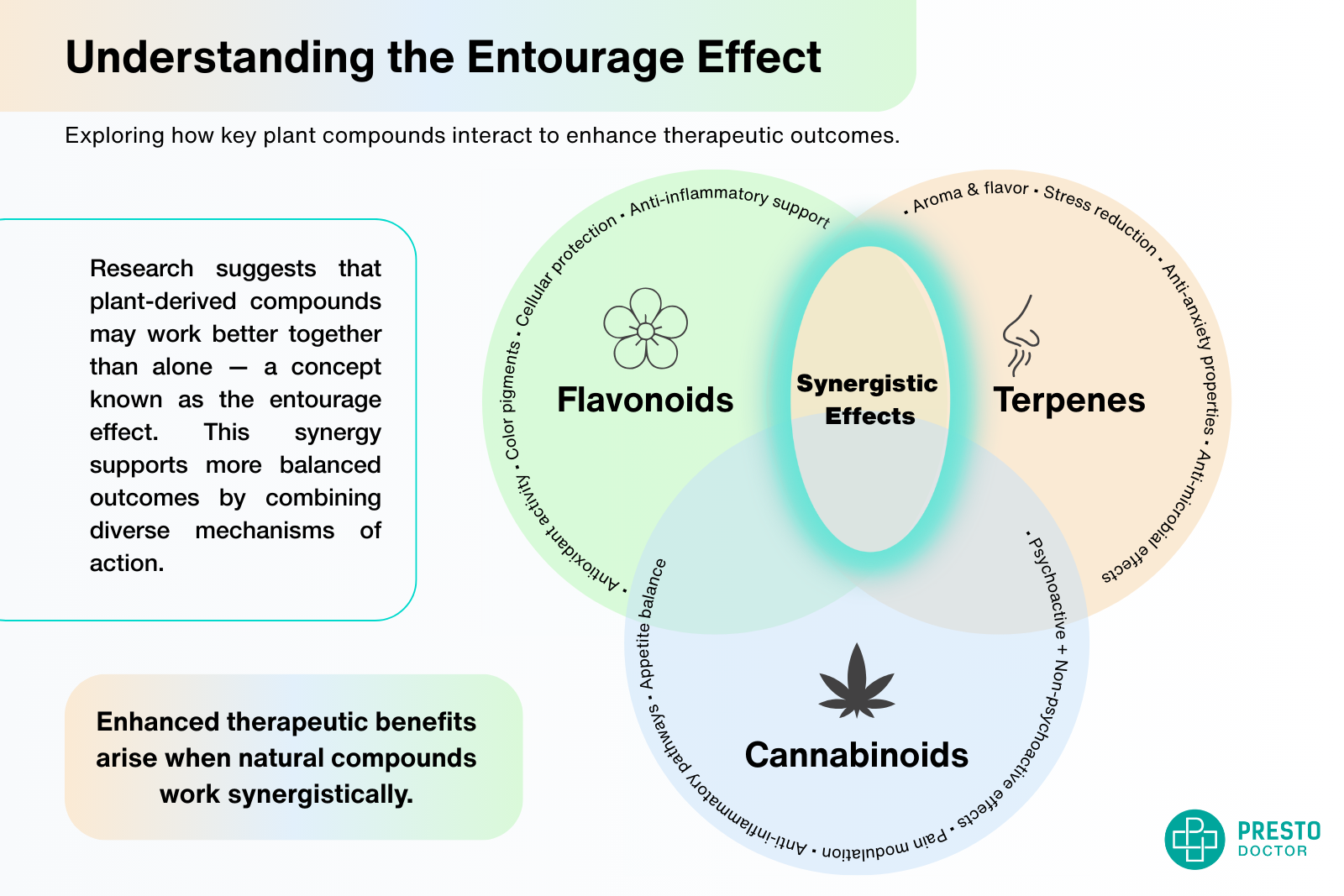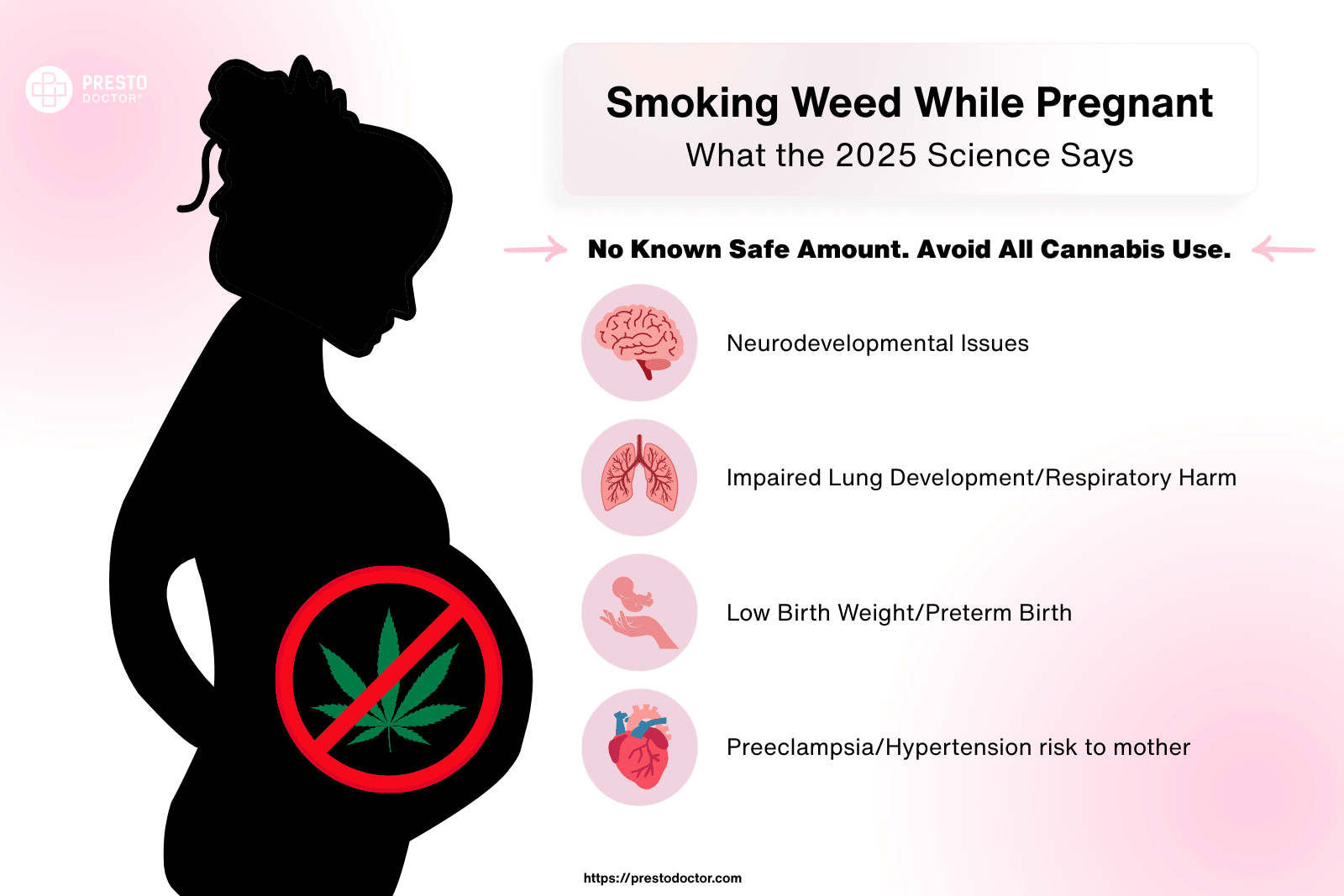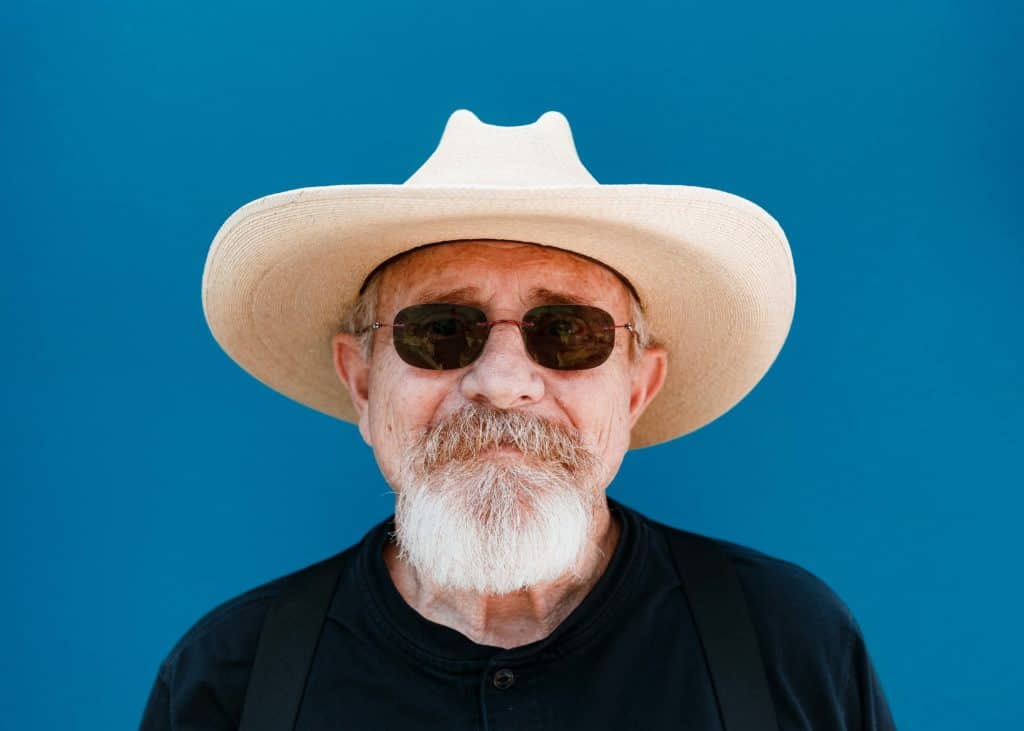
While senior citizens may appear to be a new market in cannabis to casual observers, their numbers have been on a slow yet sizable rise since the early 2000s. A Center for Disease Control study showed that medical marijuana use among people polled aged 55 to 64 rose from 1.1% to 6.1% between 2002 and 2014. That jump represents a 455% percent increase over 12 years!
With other studies producing similar results, the elderly now represent the fastest-growing cannabis demographic in the United States. Their rise has fewer people asking is medical marijuana right for seniors, and instead asking why?
 Seniors pay thousands per year for their healthcare, which often includes the same prescription drugs that significantly contributed to America’s opioid epidemic. Instead, medical cannabis offers seniors a cheaper, non-addictive alternative. The typical medical conditions seniors suffer from (more on that below), can produce such pain that even prescription medications can’t improve the patient’s quality of life. With medicinal cannabis, seniors have a new option that they likely won’t have to use as frequently as their other medications.
Seniors pay thousands per year for their healthcare, which often includes the same prescription drugs that significantly contributed to America’s opioid epidemic. Instead, medical cannabis offers seniors a cheaper, non-addictive alternative. The typical medical conditions seniors suffer from (more on that below), can produce such pain that even prescription medications can’t improve the patient’s quality of life. With medicinal cannabis, seniors have a new option that they likely won’t have to use as frequently as their other medications.
Updated data is likely to reveal that uptick in elder use continues in 2018 and beyond, making the question is medical marijuana right for seniors all the more obvious. With medicinal marijuana access growing in states, seniors and patients of all ages are warming to using cannabis to treat their conditions. With ingestion method options expanding as well, patients and caregivers wonder what is the best way for a senior to consume medical marijuana. While there are some differences, the results show that this demographic is just like any other.
Seniors and the Benefits of Medical Marijuana
Medical marijuana helps ease the pains of numerous medical conditions. Regardless of age, cannabis helps patients with a range of pains and diseases. For the elderly, the only difference is which medical conditions become more of a concern.
Cancer
Cancer has long been one of the common medical conditions associated with medical marijuana use. Cancer incidence increases with advancing age, which puts more of the demographic at risk. In the early stages of medical marijuana, patients would smoke or vaporize their cannabis. This continues today though other options have become available. Two THC-infused pills, Cesamet and Marinol, could be the next step in expanding cannabis-based cancer care.
Eating Disorders
What may be surprising to some is that eating disorders affect the senior community much more than we may assume. In the U.S., 78% of anorexia deaths are from the elderly. In addition to death, eating disorders are the cause of other severe conditions including osteoporosis, social isolation, brittle bones and much more. The belief is that the benefits of medical marijuana will include prompting the patient to eat more and remain social.
Alzheimer’s Disease and Mental Cognition
 A range of additional medical conditions affecting seniors may be eased by medical marijuana. Conditions include general pains to glaucoma and Alzheimer’s disease. Seniors may soon discover that the benefits of medical marijuana extends to its ability to boost brain activity in the elderly. While early age cannabis use can lead to a user looking like the stoner stereotype the industry wants to do away with, the opposite is the case for older users.
A range of additional medical conditions affecting seniors may be eased by medical marijuana. Conditions include general pains to glaucoma and Alzheimer’s disease. Seniors may soon discover that the benefits of medical marijuana extends to its ability to boost brain activity in the elderly. While early age cannabis use can lead to a user looking like the stoner stereotype the industry wants to do away with, the opposite is the case for older users.
Instead, one study found that small doses of THC boosted cognition in older mice. The results have not been replicated on humans, yet it provides hope. The study’s leading researcher, Andreas Zimmer, told Aging.com that, “The idea is that as animals grow old, similar to in humans, the activity of the endogenous cannabinoid system goes down—and that coincides with signs of aging in the brain,” Zimmer said. “So we thought, ‘What if we stimulate the system by supplying [externally produced] cannabinoids?’”
The Popular Ways Seniors Consume Cannabis
Like much of the cannabis industry, we don’t have concrete data on the most popular ways to consume cannabis for seniors. So, while we know that seniors are rapidly joining the medical marijuana ranks, we don’t know much else conclusively. Instead, we turn to anecdotal evidence to learn how seniors prefer to take their medication.
Each case will vary. The healthiest ingestion method for one senior may not be the case for the next. In the beginning, options were rather limited to smoking, vaping and largely unregulated edibles. Today, the ways to consume medical marijuana are opening up tenfold. Vaping and edibles are advancing in state-regulated markets that control dosages. New products are also opening minds to medicinal marijuana treatments.
 Dr. Joe Cohen told Westword how he often began easing worries with CBD. “The first thing they’ll say when they come through the door is, ‘I don’t want to get high.’ So we’ll hear that initially and we can talk about CBDs and make them feel comfortable with the fact that they don’t have to get stoned if they don’t want to be.” From there, Dr. Cohen and other practitioners often give potential patients information about ingestion methods they may use with other medications. These methods usually include topicals, teas and pills.
Dr. Joe Cohen told Westword how he often began easing worries with CBD. “The first thing they’ll say when they come through the door is, ‘I don’t want to get high.’ So we’ll hear that initially and we can talk about CBDs and make them feel comfortable with the fact that they don’t have to get stoned if they don’t want to be.” From there, Dr. Cohen and other practitioners often give potential patients information about ingestion methods they may use with other medications. These methods usually include topicals, teas and pills.
Overall, the best ingestion method boils down to the patient’s needs. Every option from smoking to topicals to edibles and much more are on the table. If possible, the patient should speak with medical professionals to determine the best process. If their professional cannot provide the information, relying on informed communities like local organizations and some senior living advocacy groups may be of help. Also, PrestoDoctor offers patients personalized treatment plans created by our doctors after you’ve been approved for a medical marijuana card. If you’re in need of a treatment plan that fits your lifestyle, be sure to check it out.
Over the next few years, we’ll have more proof on how seniors prefer to take their medication. While that question will linger, we can rely on anecdotes and assessments from seniors and medical professionals. However, one question does not remain for the majority of the elderly community. If asking “is medical marijuana right for seniors,” the majority appears to be shifting towards ‘yes.’ Like all other adult demographics, seniors are warming to THC, CBD and the ways their new medication can be consumed.
If you are a senior, or know someone who is, and believe medical marijuana is for you, PrestoDoctor is here to help. We are excited to assist potential patients in California, New York and Nevada. Get started today.

